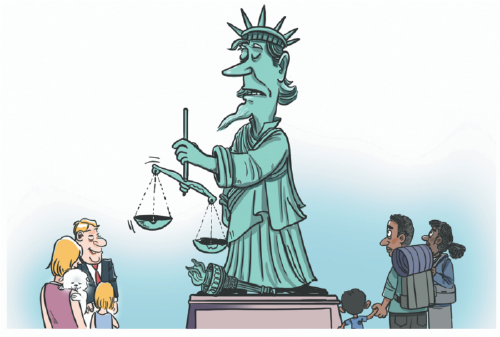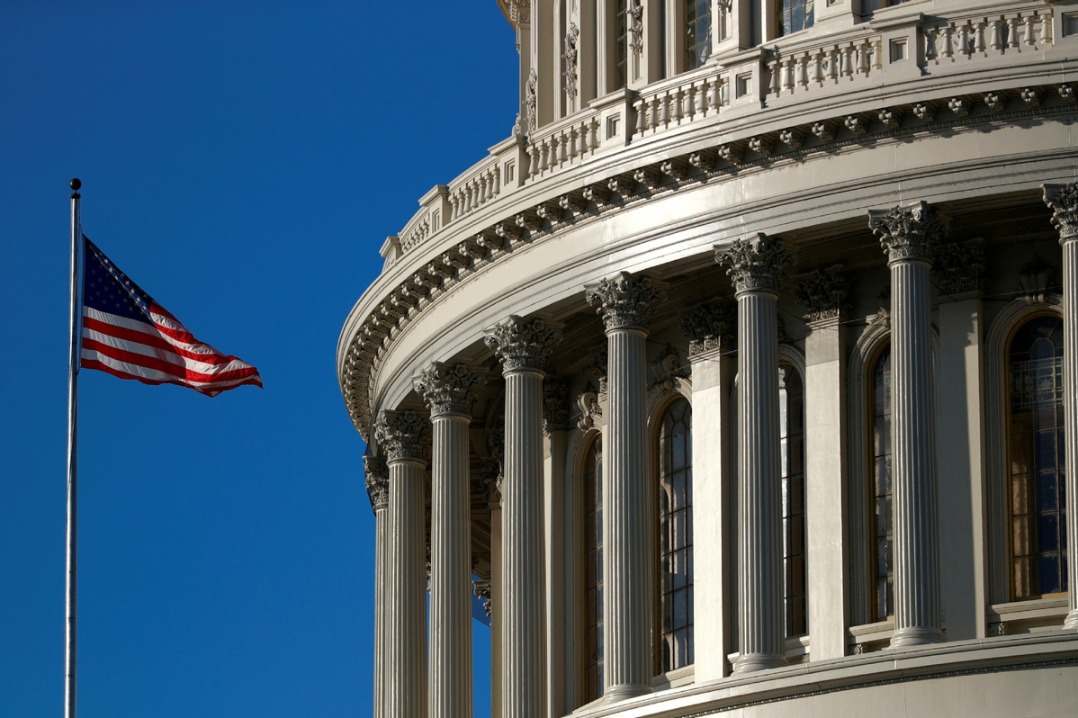Patches will not mend racial inequality in federal system


In ruling against race-conscious admission policies at Harvard University and the University of North Carolina, striking down affirmative action programs that lasted 60 years, the US Supreme Court has hopefully set a new start mark for the nation's efforts to solve the problem of racial inequality.
US universities started systematically considering race in their admission of new students in the 1960s during the Civil Rights Movement. For six decades, the policy has evolved so much that it had become a common practice for US universities to reserve some places for Black students so as to ensure their admission rate. However, since the 1980s, with Asians accounting for a higher percentage in the US society, it was found that even Asians who work hard and who perform well in high school enjoy a much lower chance of enrollment than Blacks and whites, which prompted the Students for Fair Admissions to raise a lawsuit against Harvard that led to the latest ruling.
That's perhaps the most ironic thing about the program, namely that some arrangements aimed at protecting colored races has hurt the interests of one of the groups it is supposed to protect.
The 60 years of affirmative action have exposed that racial inequality has already become a deep problem in the US society that small mendings cannot resolve it. Racial inequality is so deeply carved in the US' history that it is a system failure.
Yet for the past six decades, what the US has been doing is nothing but try and address that failure with small fixes, one after another, like a software producer patching its products. The problem is, racial inequality in the US is not a small bug, but a fundamental problem that must be traced to its very root for a solution. The whole code of the software called "United States of America" might need to be checked and partly rewritten if necessary, instead of issuing a few patches that don't help much.
The Supreme Court's ruling should sound an alarm to wake up US politicians that the country's racial inequality problem needs to be tackled at the roots.


































